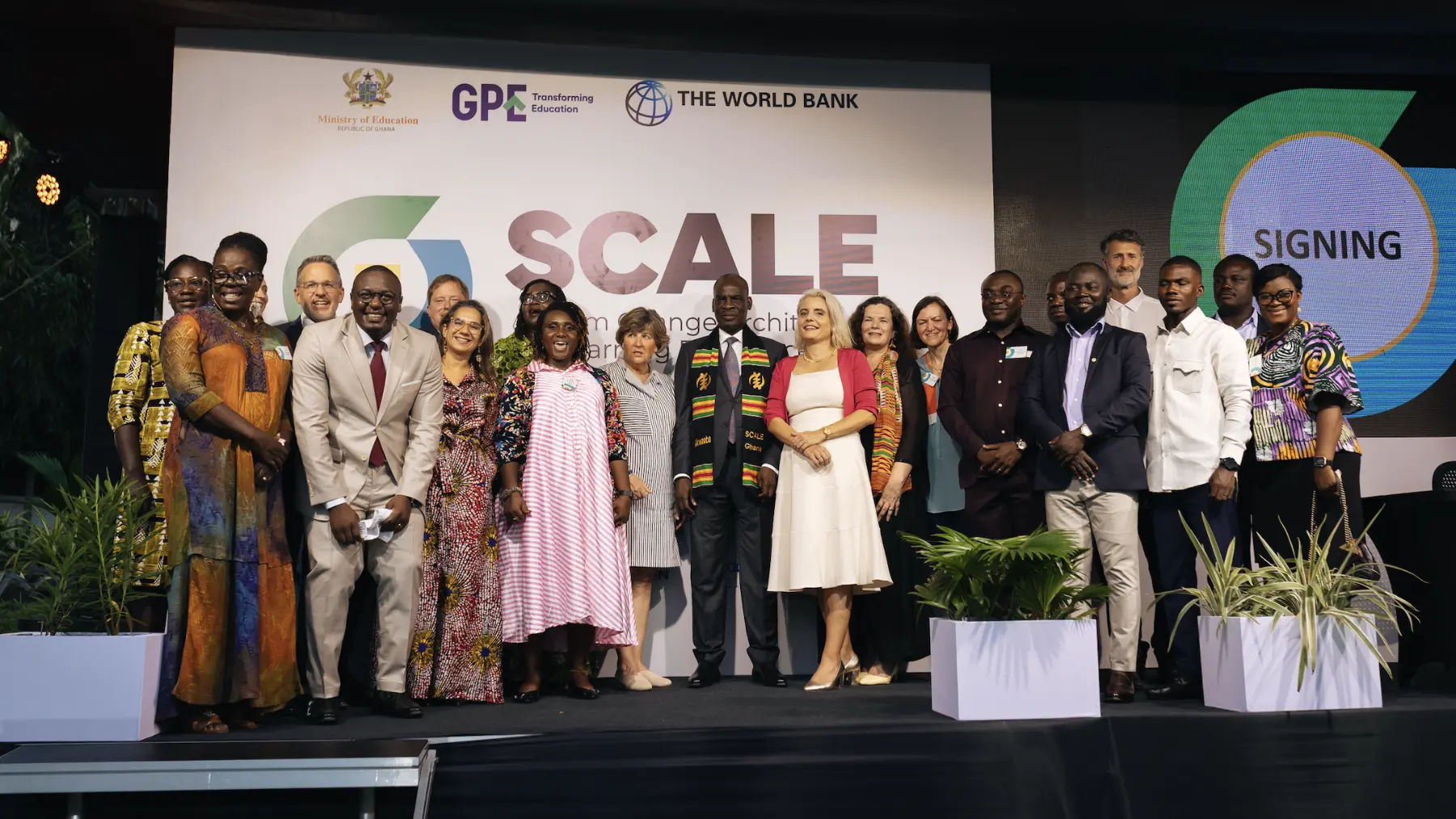The Jacobs Foundation was established in 1989 by Klaus J. Jacobs and his family, driven by a singular vision: to improve the education and development of children and youth around the world. From its beginning, the Foundation has been committed to advancing evidence-based solutions that give every child the opportunity to thrive.
Our story

Our roots
Klaus J. Jacobs, born on December 3, 1936, into the renowned Jacobs coffee family in Bremen, Germany, combined entrepreneurial success with a deep commitment to social impact. After building an international career in the coffee and chocolate industries — culminating in the leadership of Johann Jacobs & Co. and the creation of Jacobs Suchard — he turned his attention toward philanthropy. In 2001, Klaus J. Jacobs transferred his interests in Jacobs Holding to the Jacobs Foundation, securing a long-term financial base for the Foundation’s mission.
A new chapter
Our work today

Explore More
Our timeline
Looking back over 36 years of supporting evidence in education
Founding of the Jacobs Foundation by Klaus J. Jacobs to improve education and development opportunities for children and youth worldwide. From the start, the Foundation has advanced evidence-based solutions to help every child reach their full potential.

First annual Jacobs Foundation Conference convening leading scientists and scholars to present cutting-edge research on child and youth development and learning. The invitation-only event promotes interdisciplinary exchange, collaboration, and publications, and supports early-career researchers through the Young Scholars program.
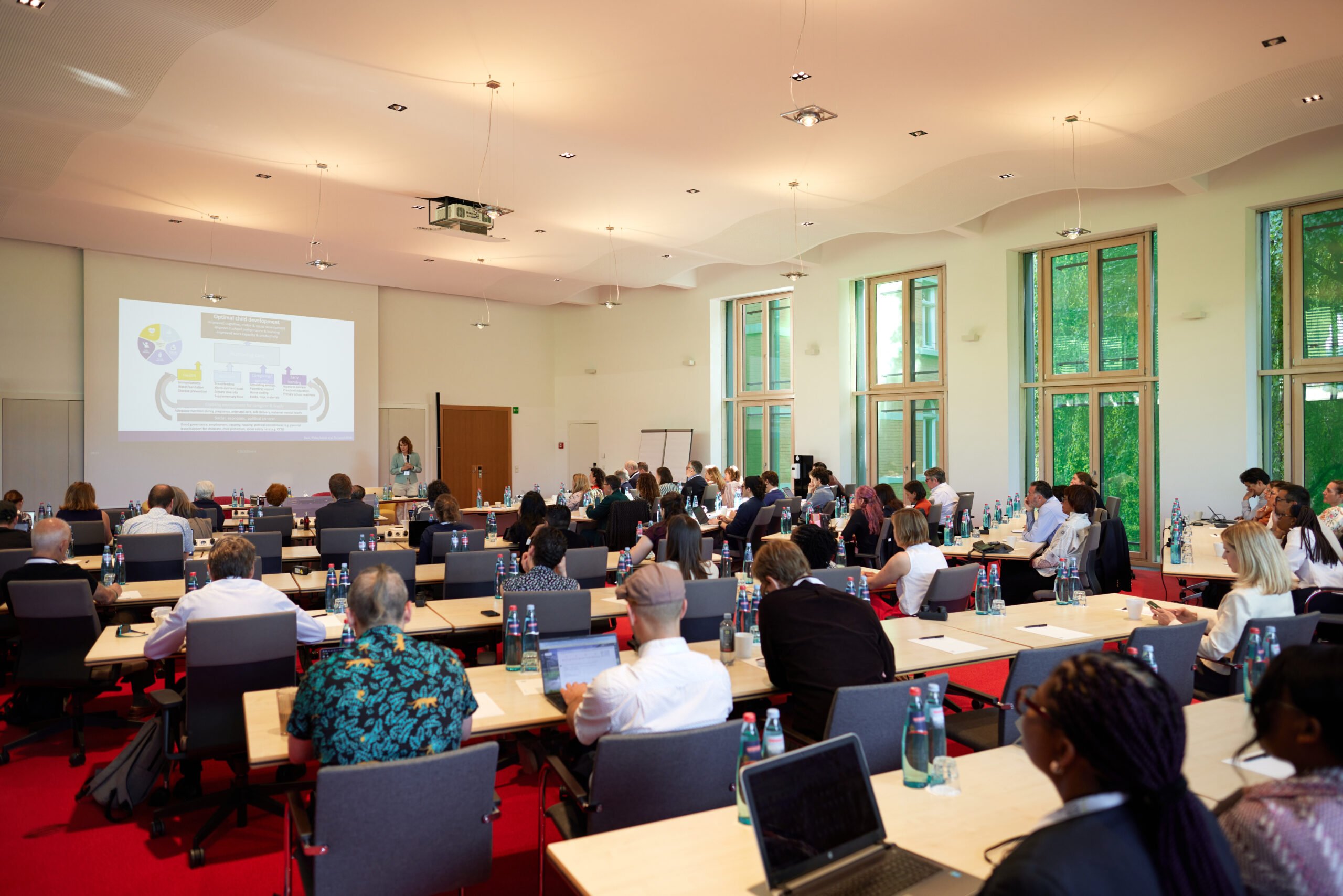
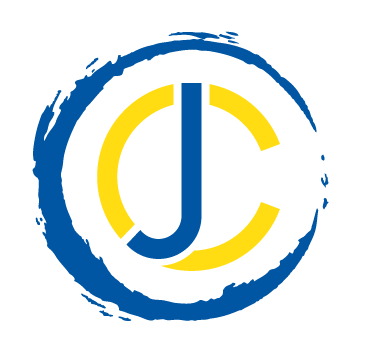
Establishment of the Jacobs Center at the University of Zurich, a joint venture with the Jacobs Foundation. The interdisciplinary center studies how social, psychological, and economic factors influence youth development, supports professorships in psychology, sociology, and economics, and encourages international research collaboration and knowledge exchange.
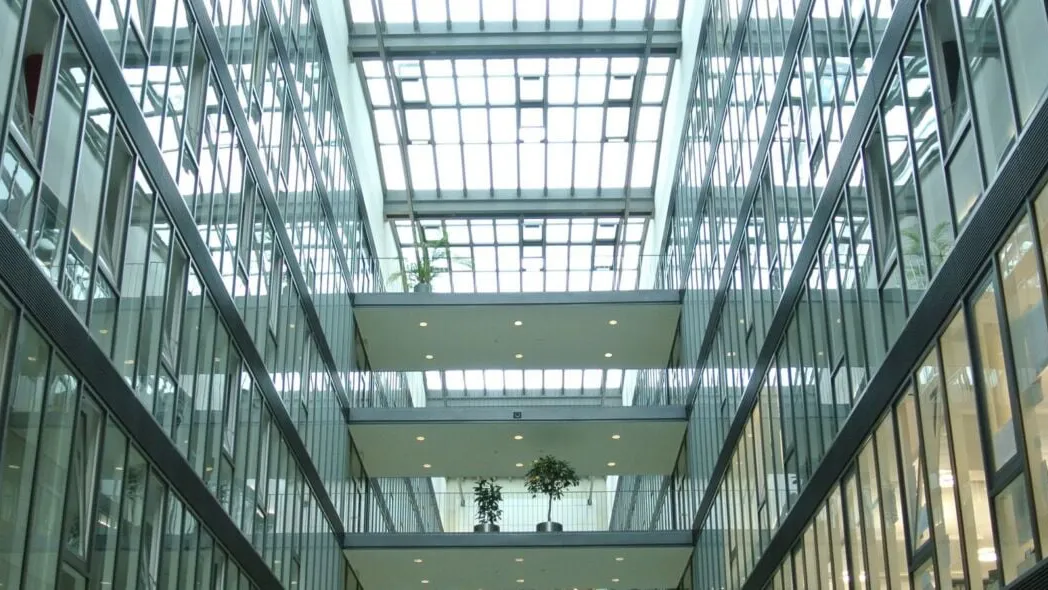
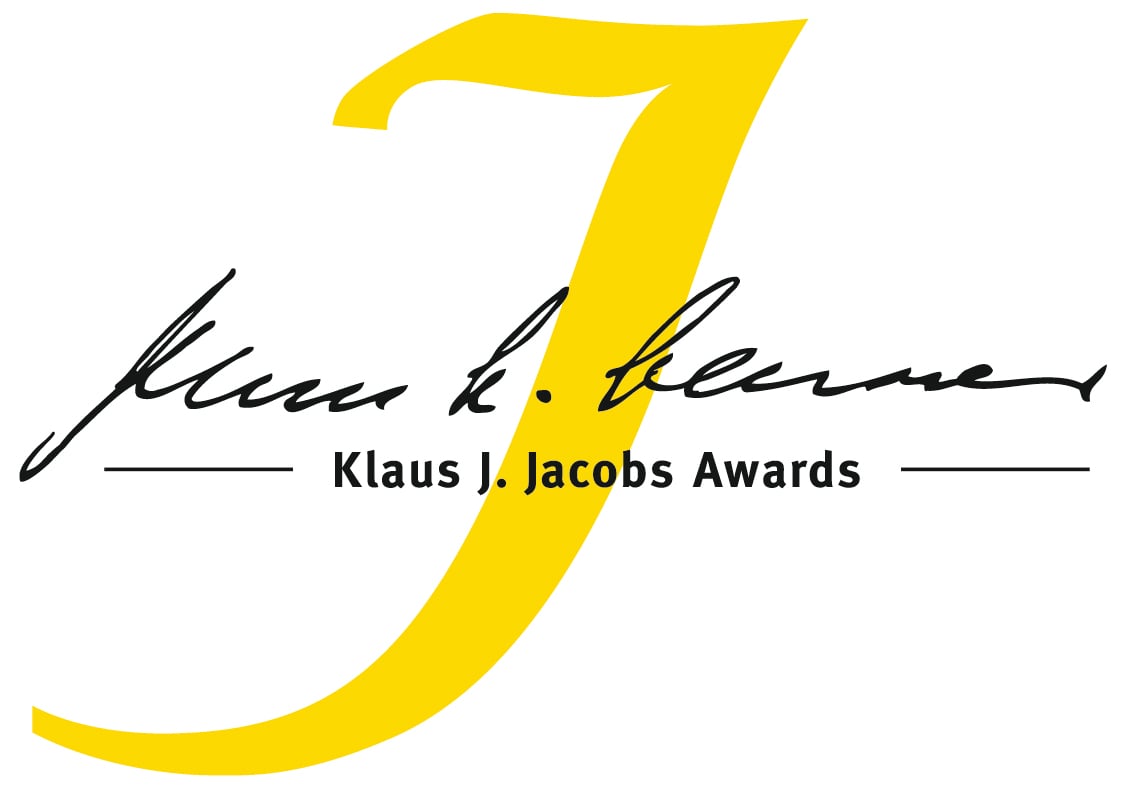
Creation of the Klaus J. Jacobs Awards for exceptional achievements in research and practice in child development and learning. The Klaus J. Jacobs Research Prize (CHF 1 M, biennial) honors world-leading researchers who have made exceptional contributions to understanding learning and development and has become the field’s most prestigious prize since 2009.
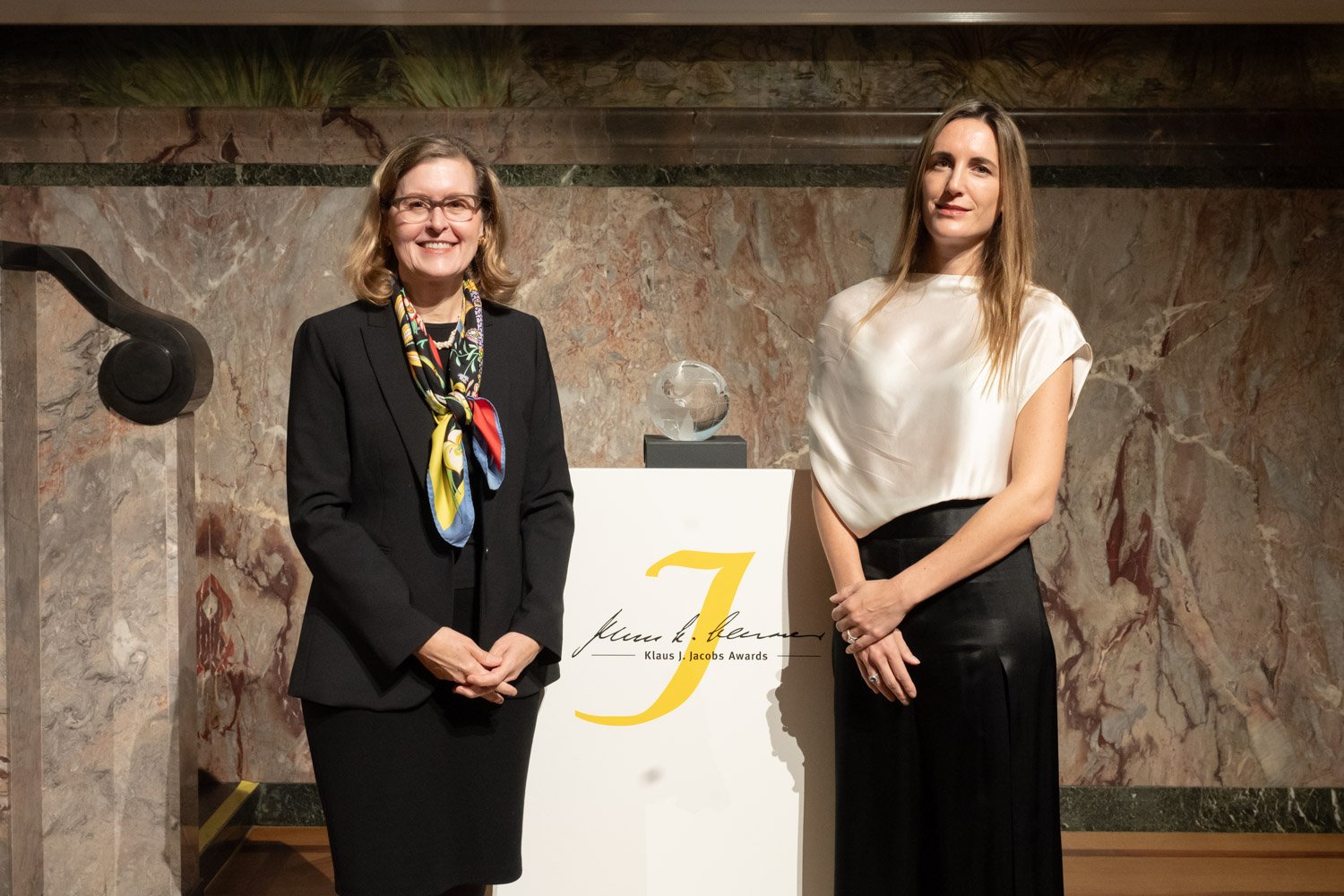
Introduction of the Early Childhood Development strategy to make Switzerland more responsive to children’s needs. It resulted in the first federal policy and funding of early childcare, a quality label for childcare institutions now used nationwide, and new federal legislation introducing paternity leave.
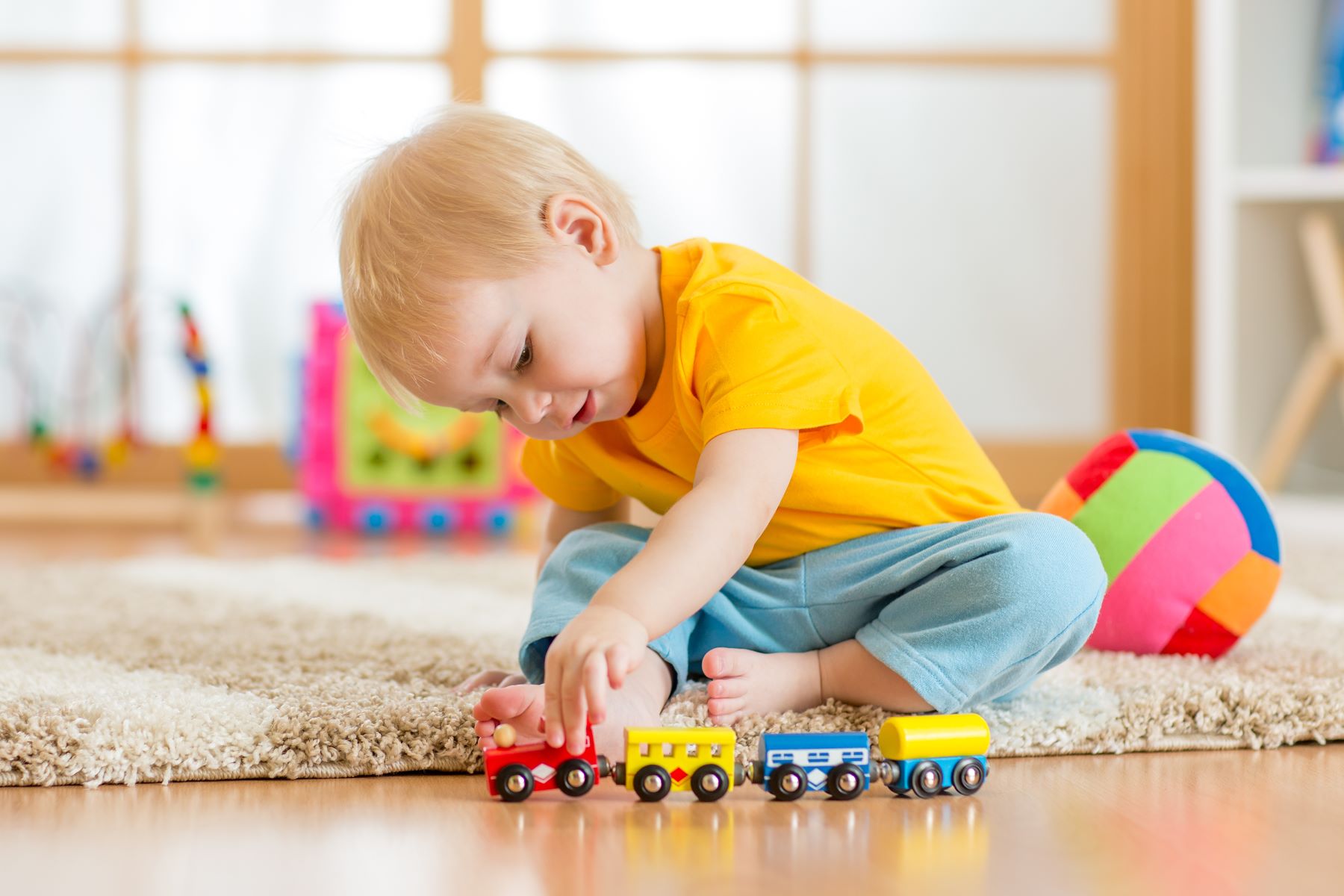
Founding of BOLD, an interdisciplinary multimedia platform exploring how children and young people develop and learn. Featuring research from educational sciences, psychology, neuroscience, genetics, and EdTech, BOLD shares articles, interviews, podcasts, and videos to promote discussion and improve learning and life outcomes worldwide.
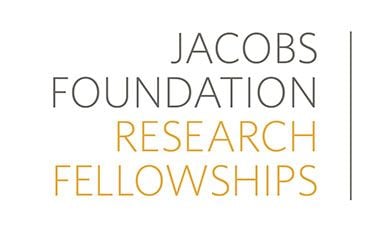
Establishment of the Jacobs Foundation Research Fellowship program, supporting innovative early- and mid-career researchers dedicated to improving learning and development. It has become the world’s most competitive program of its kind, attracting 700–800 applications for just 12 fellowships each year.
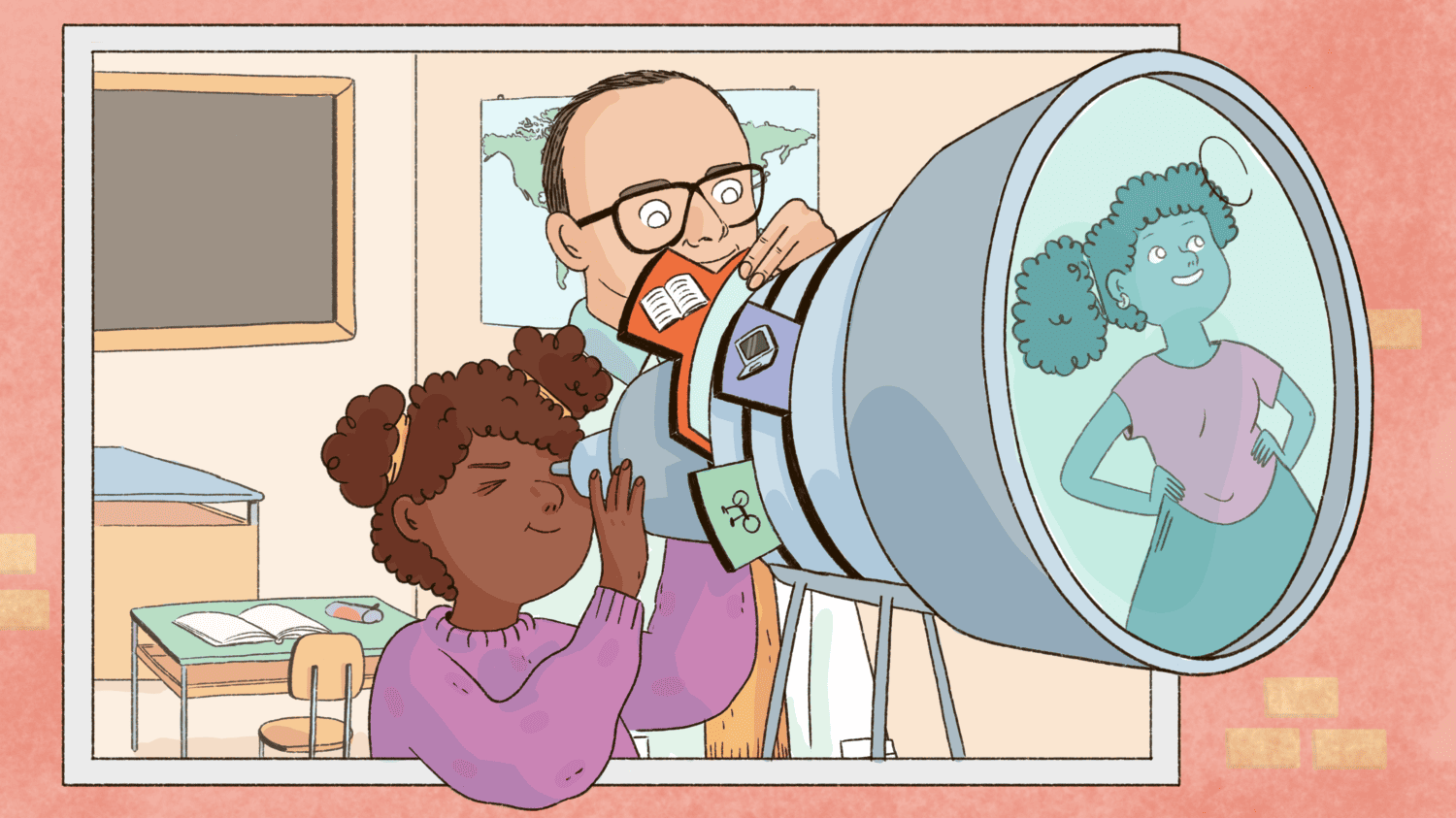
Launch of Strategy 2030 to empower all children to learn and thrive by addressing learning variability and linking evidence to policy and practice. The CHF 500M initiative funds research, translates evidence into action, and works with global and country partners to improve education systems and child-level outcomes worldwide.
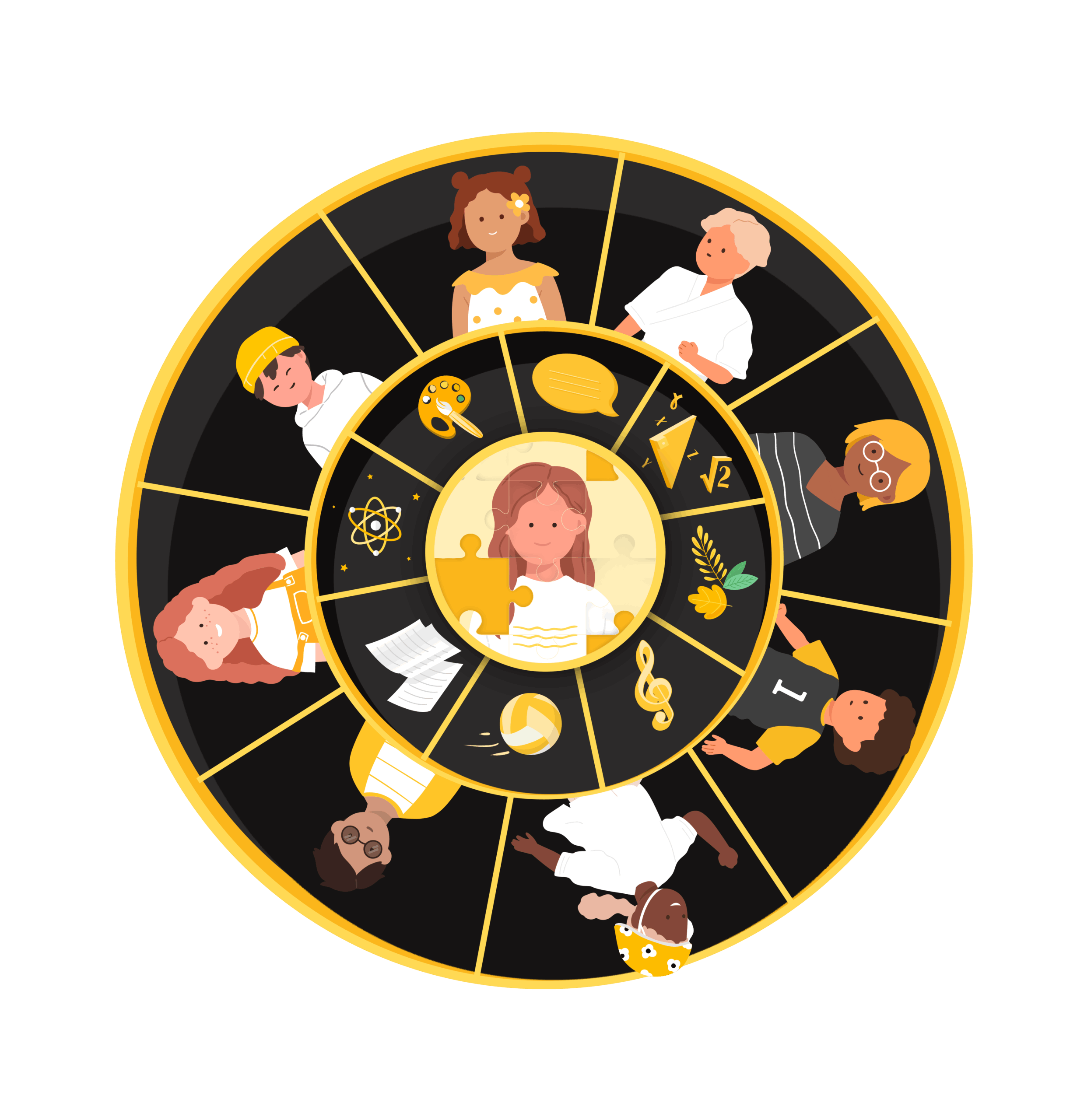
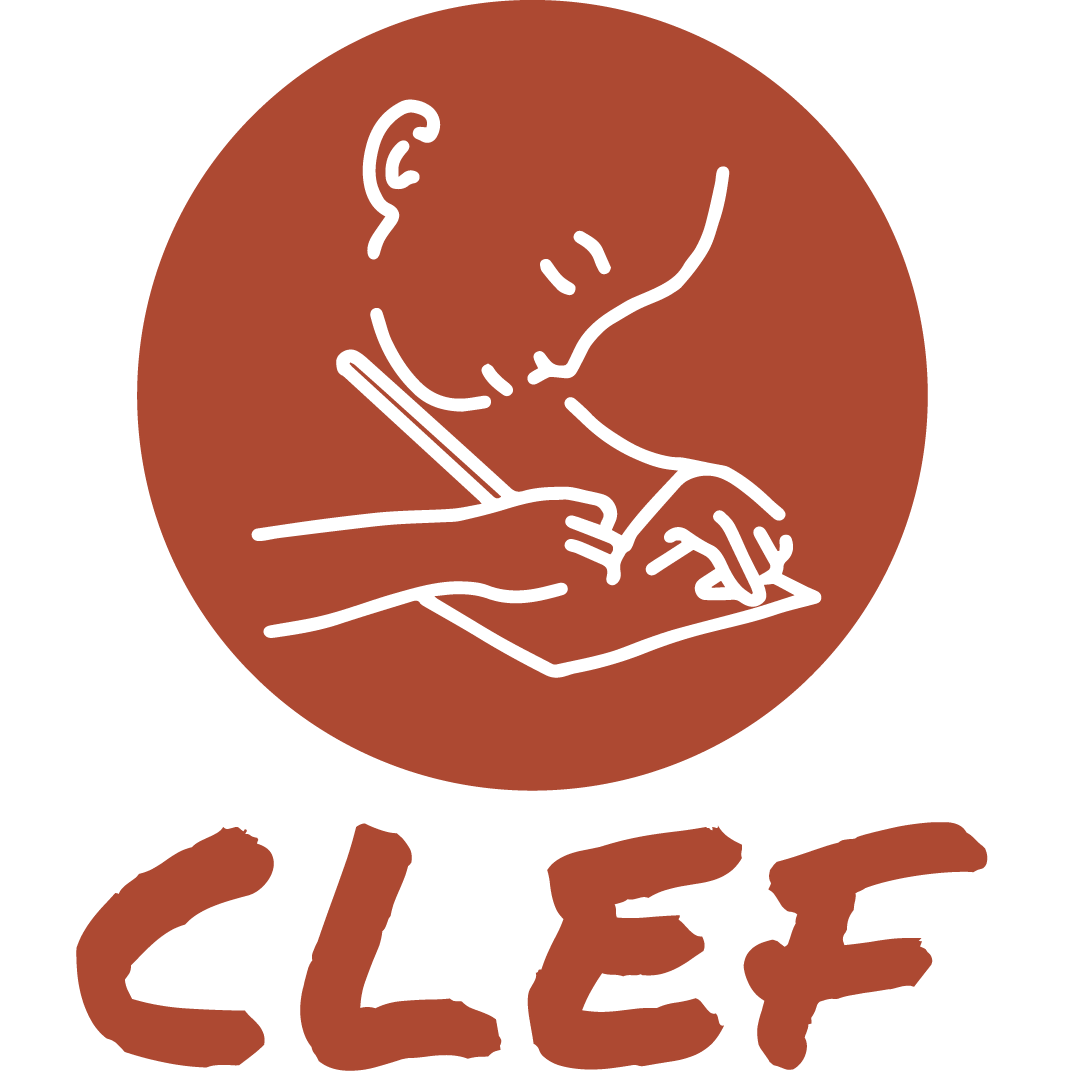
Formation of CLEF, a CHF 78.6M pooled funding initiative improving education in Côte d’Ivoire’s cocoa-growing regions. Recognized by the World Bank, it strengthens teaching quality, expands access, supports early childhood development, mobilizes communities, and leverages resources from government, foundations, and industry to benefit 4 million children by 2027.
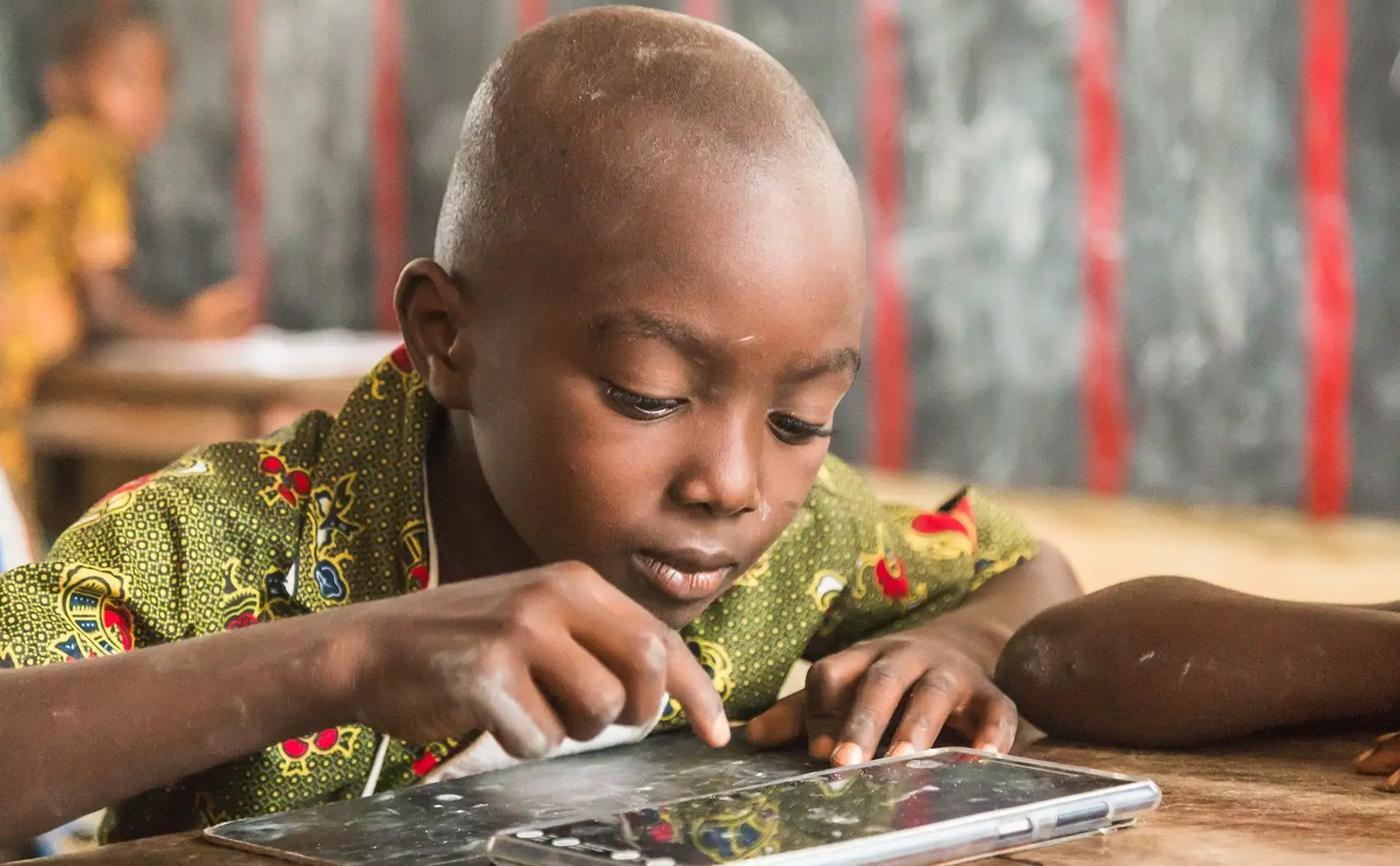
Debut of the Digital Museum of Learning, a free online platform for children and educators. It brings the history and science of learning to life through interactive stories, games, puzzles, and 3D objects, translating research into engaging content and supporting educators worldwide in improving learning experiences.
Launched with Stanford University, LEVANTE is the largest global research initiative on how children learn across individuals, groups, and contexts. It collects data from children aged 2–12, examines cognitive, emotional, social, and environmental factors, and provides insights to design more effective education systems.
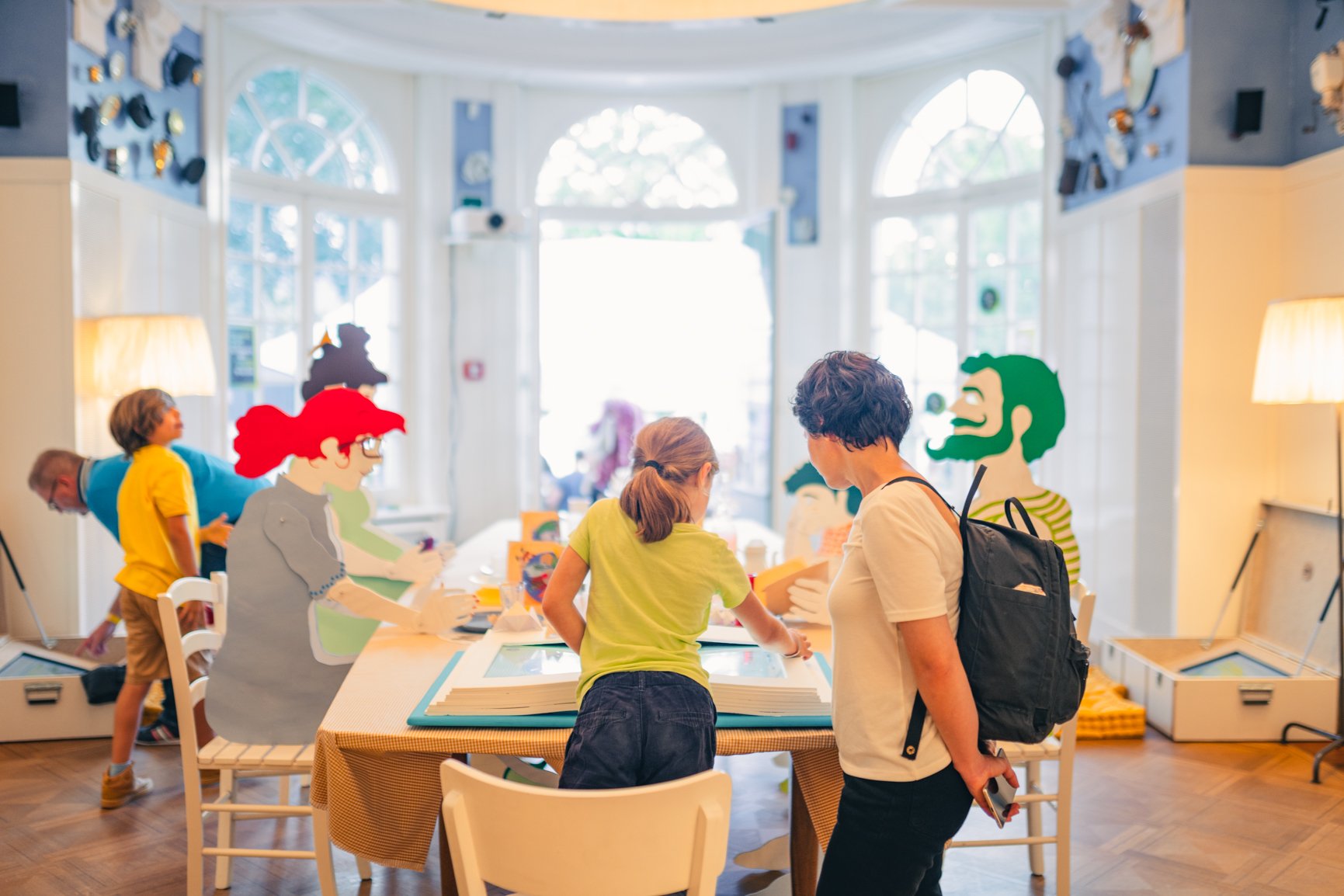
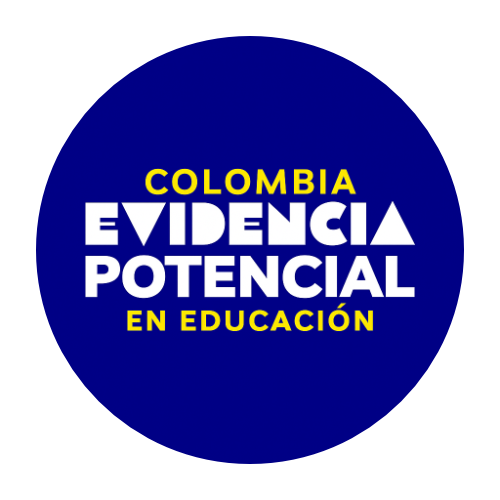
Launch of CEPE, a USD 25M public-private partnership to leverage local public and philanthropic resources in Colombia. Communities of Change develop territorial plans and education policies, an Education Evidence Lab evaluates policy and evidence, and a co-funding mechanism aims to mobilize additional pooled funding for education.
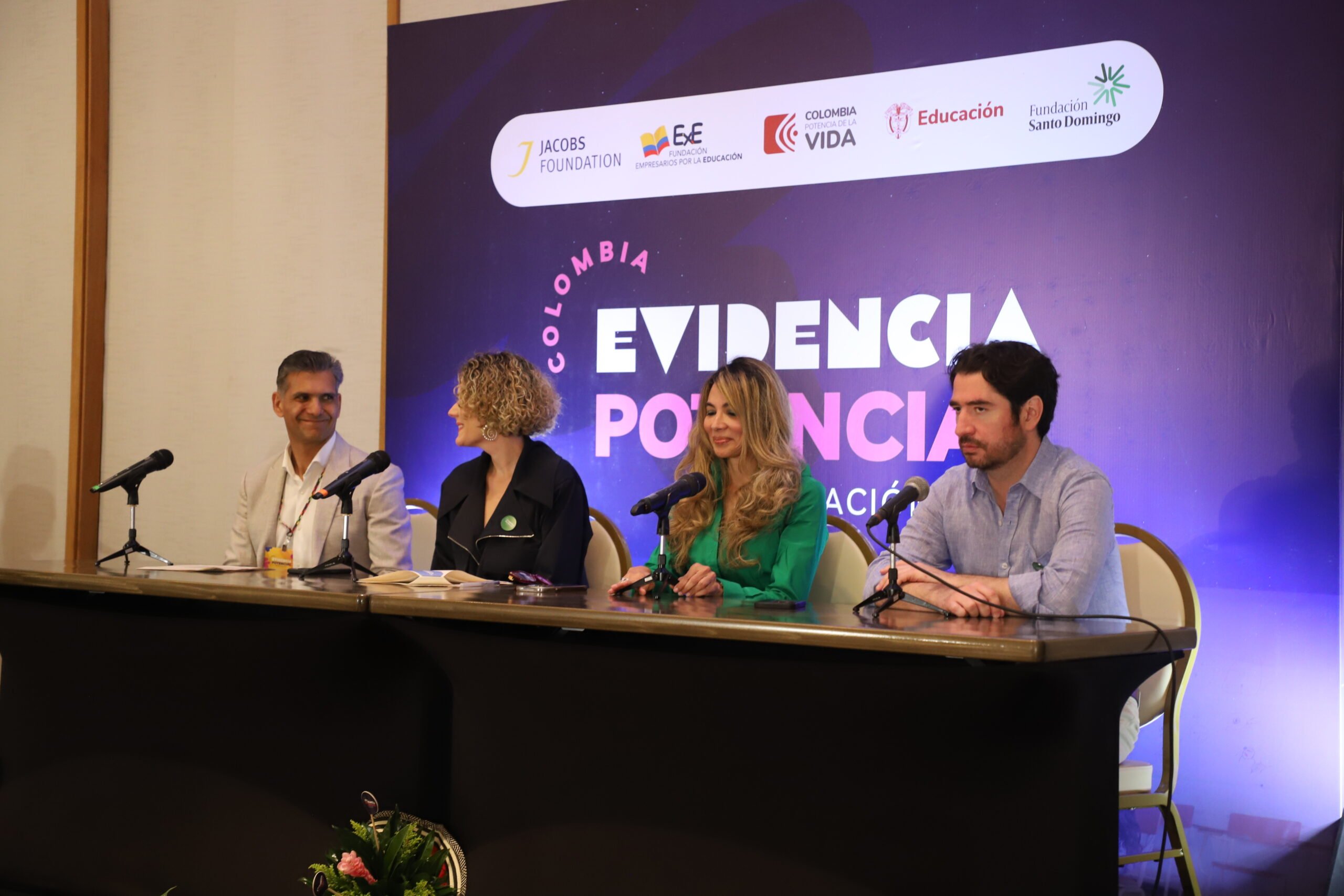
Launch of SCALE, a multi-stakeholder initiative in Ghana by the Jacobs Foundation, the Ministry of Education, and global philanthropy and industry partners. The USD 118.8M program strengthens the education system, scales differentiated learning to 15,000+ schools, supports evidence-based policymaking, empowers districts via Communities of Excellence, and mobilizes additional GALOP financing.
The Foundation entered a new era by assuming full control over its assets and adopting an independent investment strategy. This transformation aligns financial management directly with philanthropic goals, ensuring sustained impact for the long term.
